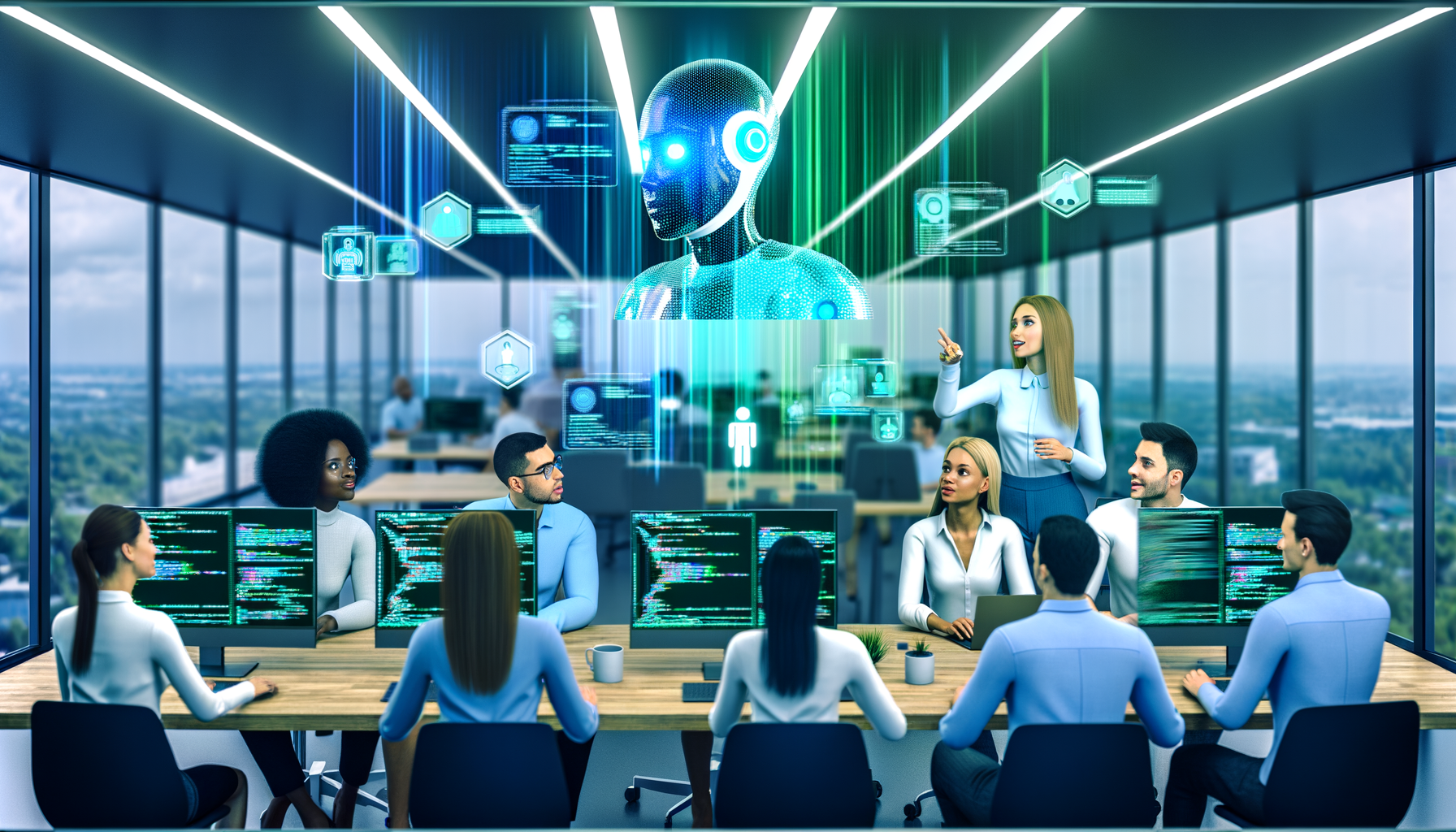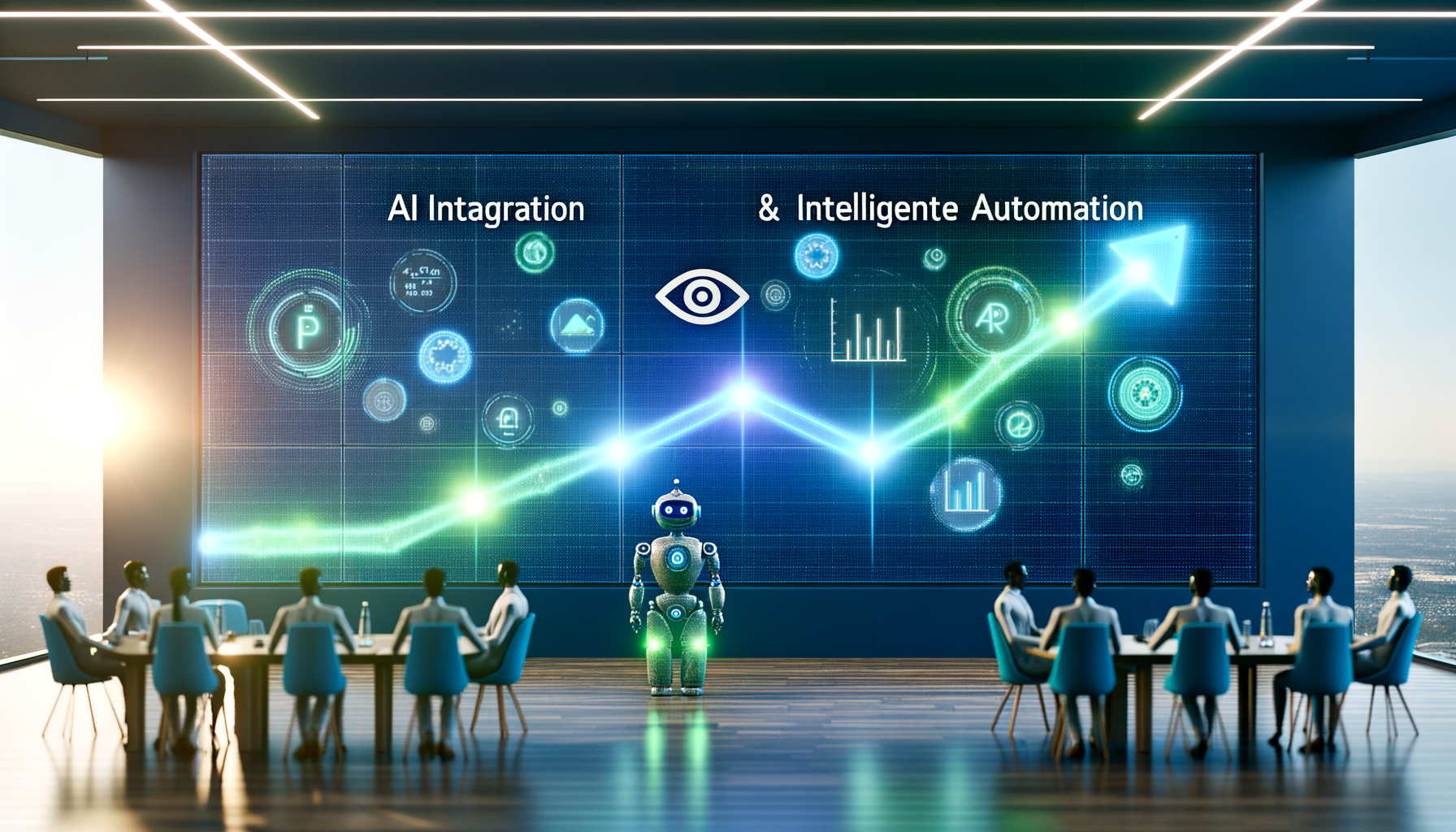In 2025, businesses that leverage AI integration and intelligent automation are pulling ahead. A recent study shows that 72% of executives believe AI will offer their companies a competitive edge. But the road to seamless AI integration is paved with challenges like legacy bottlenecks and scalability issues. This guide will equip you with actionable strategies to overcome these hurdles and harness AI's full potential.
Understanding AI Integration
What It Means for Modern Enterprises

Team collaborating over a code review, diverse team members, modern office.
AI integration involves embedding AI capabilities into your existing business processes to enhance decision-making, improve efficiency, and unlock new opportunities. This process is essential for companies looking to stay competitive in today's fast-paced digital landscape.
With Quicklook, AI integration is not just about adding technology—it's about transforming your business strategy. We focus on creating seamless, scalable solutions that align with your long-term goals.
Consider AI as the brain of your digital operations: always learning, adapting, and optimizing. But unlike sci-fi movies, this brain won't take over your job—it'll help you do it better.




